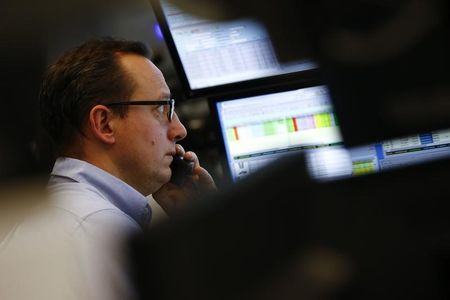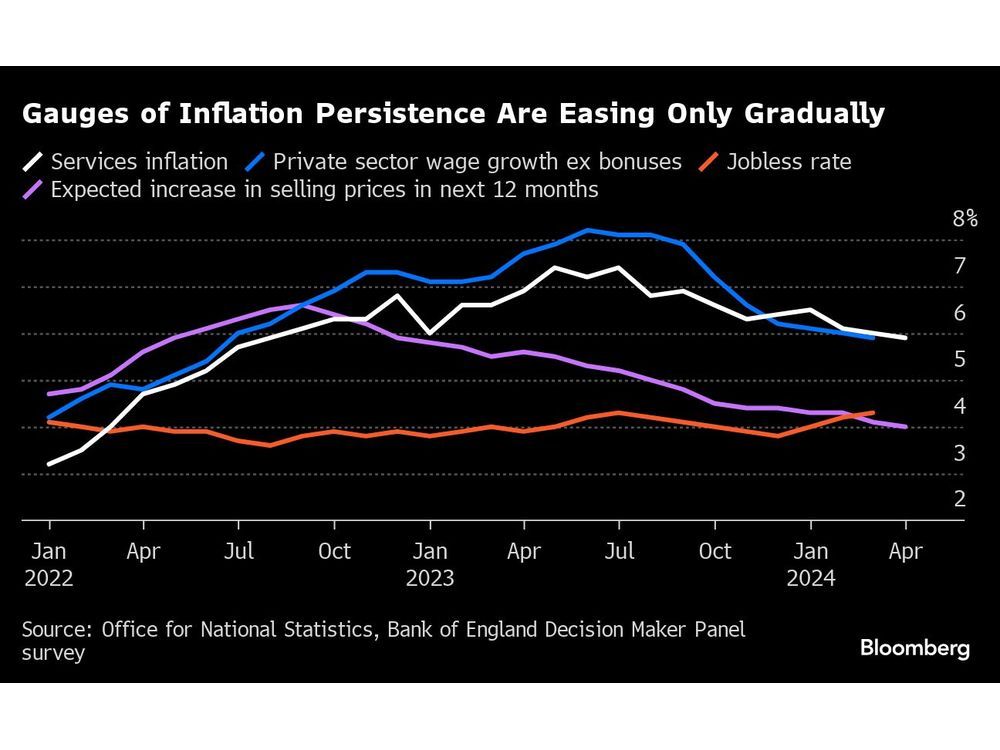Follow us on LinkedIn
What is a Market Index?
A market index is a portfolio of securities that represent a segment of the stock market. These securities come with specific characteristics and are a part of a particular stock market index. The value of the index comprises the price of the underlying holdings. However, a market index isn’t a real portfolio but rather a hypothetical one.
The most well-known stock indexes in the US market are the S&P 500, Nasdaq Composite, and Down Jones Industrial Average. These represent a collection of stocks from various companies valued based on specific characteristics. Investors can’t directly invest in these indexes, though. However, they can invest in index funds that use these indexes as a benchmark.
How does a Market Index work?
As mentioned, a market index represents a segment of the financial market. Therefore, it measures the value of a portfolio holding that has a specific market characteristic. There are several methodologies used to calculate the value of an index, maintained by the index’s provider. Most market indexes use a price or market-cap based methodology.
Investors use market indexes to follow the financial markets and manage their portfolios. Similarly, most funds, such as index funds or exchange-traded funds, use indexes as benchmarks to compare performance. Therefore, market indexes play a critical role in the investment management business.
How is the value of a market index calculated?
There are various market index methodologies used to calculate the value of an index. The value of the index comes from the weighted average calculation of the values of the total portfolio. There are various bases for valuing an index, for example, market-cap weighting, float-weighting, fundamental-weighting, and revenue weighting.
Based on the basis used for valuing an index, an index’s value will change with a change in that value for its underlying stock. For instance, the value of a market-cap weighted index will change if the market capitalization of the underlying stocks changes. As the value of an index depends on weighting several stocks, the largest stocks will influence the index’s value, more than the smallest ones.
What are the uses for Market Indexes?
Market indexes have several uses or functions. Firstly, investors and portfolio managers can use market indexes as benchmarks. It is especially true when they perform performance comparisons and making decisions related to investments. Similarly, some funds, such as mutual or index funds, use market indexes as a benchmark.
Market indexes are also commonly used as a method of investing in stocks with similar characteristics. For example, investors usually invest in high-growth potential emerging sectors using market indexes. The use of market indexes also depends on the type of index and its basis.
Lastly, investors can also use market indexes when devising a diversification strategy. Investing in indexes help investors to diversify their portfolio as compared to investing in individual stocks. Similarly, investors can invest in multiple indexes to even further diversify their portfolios. Index investing companies with higher returns but at the same time, lower risks.
Conclusion
A market index represents a hypothetical portfolio of securities that come from a segment of the stock market. The underlying securities within a market index come with specific characteristics. There are multiple methodologies for valuing market indexes.
Further questions
What's your question? Ask it in the discussion forum
Have an answer to the questions below? Post it here or in the forum





Prime Minister Keir Starmer’s promise to “get Britain building again” will quickly face a shortage of skilled workers in the very industries he’s hoping will power the turnaround.